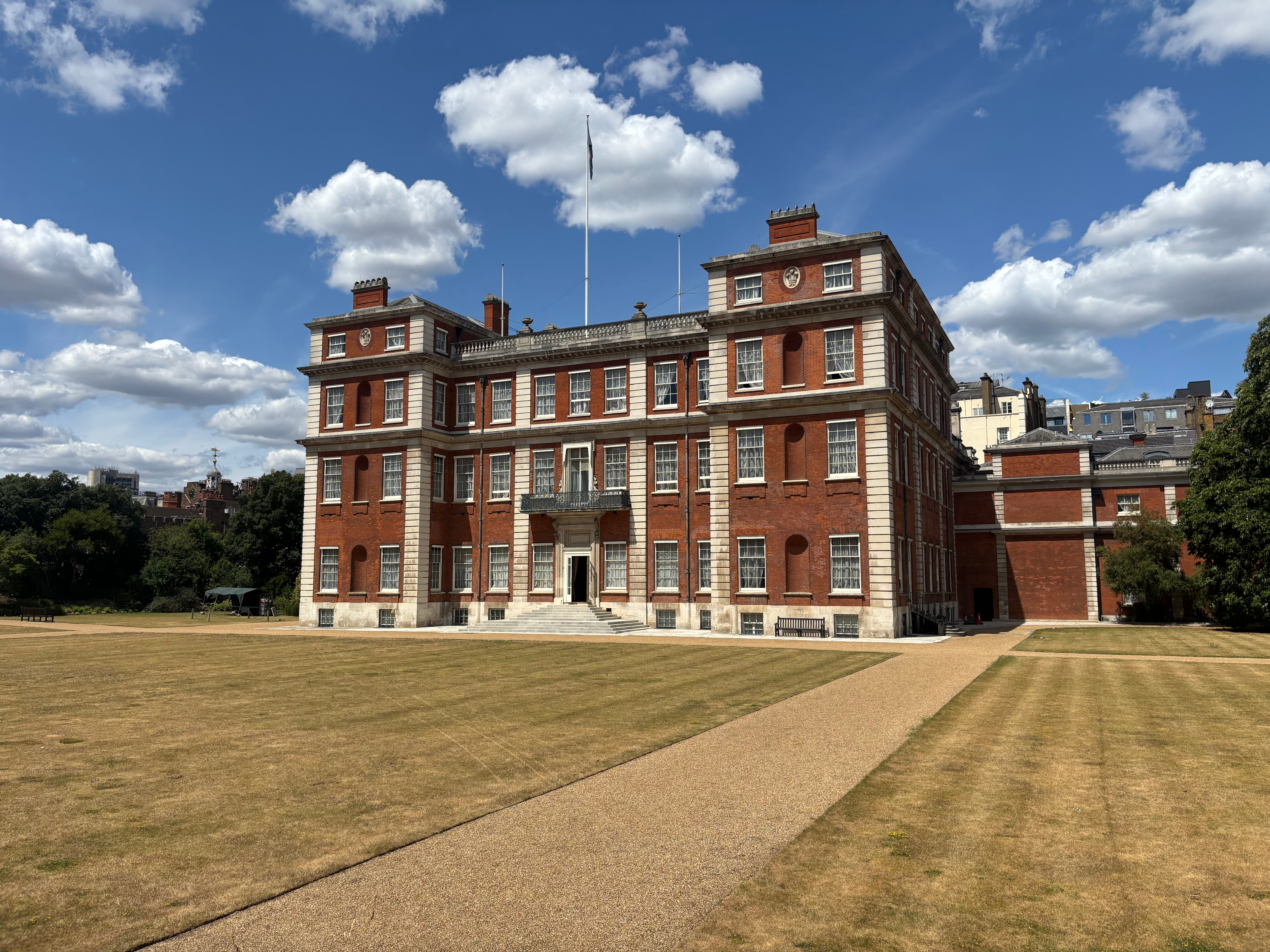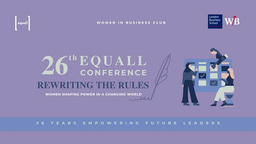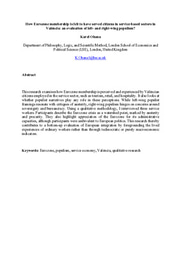From Research, to Policy, to Impact: Six Weeks with the Commonwealth Secretariat

For the last six weeks, I have completed my Laidlaw Leadership-in-Action (LIA) project with the Commonwealth Secretariat (ComSec) in their London headquarters. To begin, I would like to express my gratitude to Dr Ruth Kattumuri and all the ComSec staff who helped to support the greatly valuable and enjoyable experience I had during my LIA.
The Commonwealth: A Global Network for Development
ComSec is the governing body for the 56 member states of the Commonwealth of Nations, which is home to 2.7 billion people, spanning from highly advanced economies to developing countries. These member countries have agreed to shared goals such as development, democracy, and peace, governed by the values and principles expressed in the Commonwealth Charter. Though the roots of the Commonwealth are in the British Empire, any country can join the modern Commonwealth, with the most recent members, Gabon and Togo, joining in 2022.
I joined the Economic Development, Trade and Investment (EDTI) Directorate, which focuses on strengthening the Commonwealth's economic resilience and paving the way for sustainable development. 33 of the Commonwealth's 56 members are small states, including many island nations. Such states often lack the government capacity to produce research, recommendations, and develop strong policy. Consequently, the EDTI team, which is made up of experts and professionals from a wide range of academic, government, and commercial backgrounds, is a strong resource for these states to build their development pathway. Beyond its advisory and research functions, the Directorate also provides a platform for various member states to interface, including the recent 2025 Commonwealth Business Summit held in Windhoek, Namibia. Given my own interest in all three areas of the EDTI Directorate, ComSec has provided a great opportunity to complete my LIA, especially as it links my personal background as a New Zealander (a Commonwealth member state) to my new home in the United Kingdom.
My Work Across Three Teams
While within the EDTI Directorate, I rotated across its constituent teams, including the Trade Connectivity, Economic Policy of Small States (EPSS), and the Debt Management Unit (DMU) teams. The nature of my work was mostly research-focused and either developed ComSec's knowledge base or provided evidence to staff who were leading specific advisory projects.
Within the Trade Connectivity team, my research centred on one of the Directorate's key goals: achieving US$2 trillion of intra-Commonwealth trade by 2030. To this end, I created a primer presentation on African maritime infrastructure and opportunities for development. Given the large economic potential of the continent and geographic advantage in terms of global shipping routes, development and refinement of this sector is essential to allow for trade and economic growth. Among my key points, I drew upon ComSec's work on paperless trade, advising that more efficient and digitised port processes were a relatively low-cost method to significantly improve the competitiveness of existing infrastructure.
I worked on several projects for the EPSS team, the most interesting being creating presentation material for a staff member advising on Eswatini's Diaspora policy. The presentation, presented to members of the Eswatini government, gave an overview of the diaspora's geographic, social and economic characteristics, a review of existing legislation and institutional frameworks and opportunities for both engaging with and utilising the diaspora. Given that ~10% of Eswatini citizens live abroad, and this population segment is the most educated and economically successful, effective management of remittance flows, information exchange and cultural connection is a crucial area of policy development. This is a great example of where ComSec has used its expertise and resources to support a small state to develop strategic policy with tangible developmental impact.
Under the DMU team, I created an internal resource to support ongoing research efforts and advisory projects. I sourced 12 years of public debt and macroeconomic data from S&P Capital IQ to create a SQL database, which I then expanded to include multiple metrics derived from the underlying data. To ensure a user-friendly interface, I created an HTML tool which allowed the DMU team to easily create graphs and find data points from the database. The tool allowed for time series graphs with multiple metrics and single-year cross-country comparisons with the ability to customise the set of countries included and view region-level data. This supports the DMU's work of securing sustainable sovereign debt for developing states, which is essential to supporting climate change initiatives, government services and fund development.
Leadership Experience and Stakeholder Engagement
While I gained experience with the various EDTI teams, I directly reported to and gave support to the head of the EDTI Directorate, Dr Ruth Kattumuri. This role included sitting in and providing support for meetings with various stakeholders including member state High Commissioners and the UK's Special Envoy to the Commonwealth. I also drafted policy briefs and talking points for Dr Kattumuri for a panel event on the role of private investment in achieving carbon neutrality in Africa during a conference in Tangiers. Working directly with Dr Kattumuri gave great insight into the role of leaders in international organisations and their ability to enact change.
Through these experiences, I learned that effective leadership in multilateral settings requires the ability to synthesise complex information quickly, build consensus across diverse cultural and economic perspectives, and communicate technical concepts to both policy makers and practitioners. Observing Dr Kattumuri navigate high-level diplomatic conversations whilst maintaining focus on tangible developmental outcomes taught me the importance of balancing strategic vision with practical implementation.
Project Impact and Legacy
As a result of my placement with ComSec, the long-term impact extends across multiple areas. The SQL database and visualisation tool I created for the DMU team will continue to support debt sustainability analysis for Commonwealth developing states for years to come. Had I not completed my placement with ComSec, this analytical infrastructure would not exist, and staff would continue to spend significant time manually processing data rather than focusing on strategic advisory work. Therefore, the legacy of my placement will be more efficient and data-driven policy recommendations that help small states navigate complex debt challenges.
The short-term impact from my placement includes immediate policy support for Eswatini's diaspora engagement strategy and research foundations for African maritime infrastructure development. In the long-term, this means more effective diaspora policies that could significantly boost remittance flows and knowledge transfer to Eswatini, while the maritime infrastructure research contributes to achieving the Commonwealth's ambitious $2 trillion intra-trade goal by 2030.
Beyond the specific deliverables, my research contributions have become part of ComSec's institutional knowledge base, informing ongoing advisory work and policy recommendations that will shape development strategies across multiple Commonwealth member states.
Personal Challenges and Growth
Working in this new and personally challenging environment pushed me far beyond my academic comfort zone in several crucial ways. The challenge of transitioning from theoretical university coursework to producing policy-relevant research that would directly influence government decision-making was initially daunting. I had to quickly learn to synthesise complex economic data into actionable recommendations for non-technical audiences whilst maintaining analytical rigour.
Perhaps more challenging was navigating the diplomatic and cultural sensitivities inherent in international development work. Learning to present research findings that acknowledged both opportunities and constraints faced by developing nations required developing a more nuanced understanding of how economic realities intersect with political and social factors. This taught me the importance of cultural competency and diplomatic awareness in policy work.
The experience of working directly with senior leadership like Dr Kattumuri whilst simultaneously supporting grassroots policy development taught me to operate effectively across different organisational levels. I learned to adjust my communication style and focus depending on whether I was presenting to high commissioners, drafting technical reports, or collaborating with fellow researchers.
These lessons fundamentally changed how I approach research and analysis. I now understand that impactful research requires not just technical accuracy but also strategic thinking about implementation, stakeholder engagement, and long-term sustainability. This experience has shaped my career aspirations toward applied research that bridges academic rigor with practical policy impact.
This adds a crucial dimension to my story as a leader by demonstrating that effective leadership often means working behind the scenes to create the analytical foundations and policy frameworks that enable others to drive change. It's taught me that leadership isn't always about being the most visible person in the room, but about contributing the research, analysis, and strategic thinking that empowers others to make informed decisions with far-reaching impact.
Reflection and Recommendation
Beyond the engaging work, spending time in the beautiful ComSec Pall Mall headquarters, Marlborough House, and enjoying the range of social events was a great way to spend a London summer. ComSec continues to host informal work experience programs, and I would heavily recommend it to any other Laidlaw Scholar. I am always happy to be contacted regarding my time with ComSec. While my LIA was not on the frontlines of sustainable development, as many others are, the work of ComSec is significant in supporting numerous states to develop and implement policy with tangible impact. I am glad that, in addition to developing my skills and growing as a leader, I was able to, in a very small way, support the incredible work of the Secretariat.




Please sign in
If you are a registered user on Laidlaw Scholars Network, please sign in